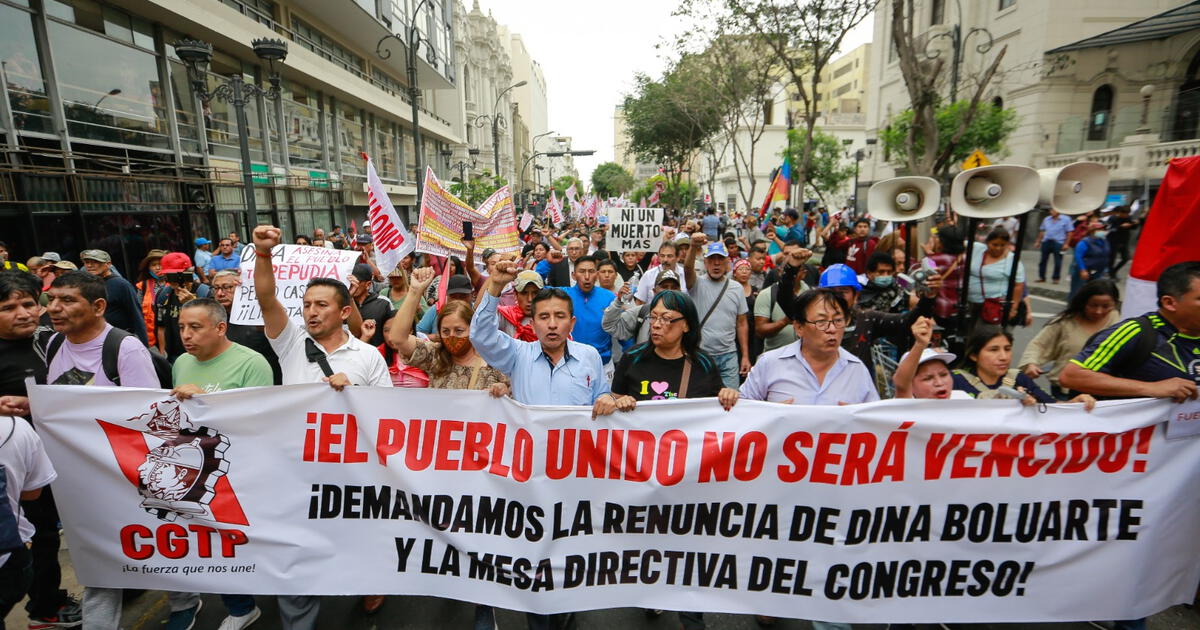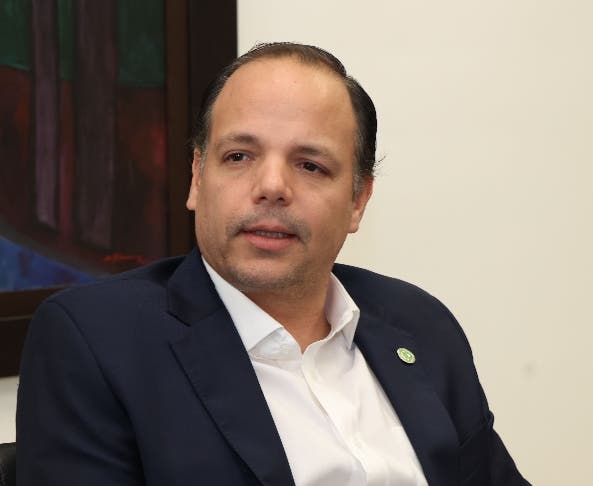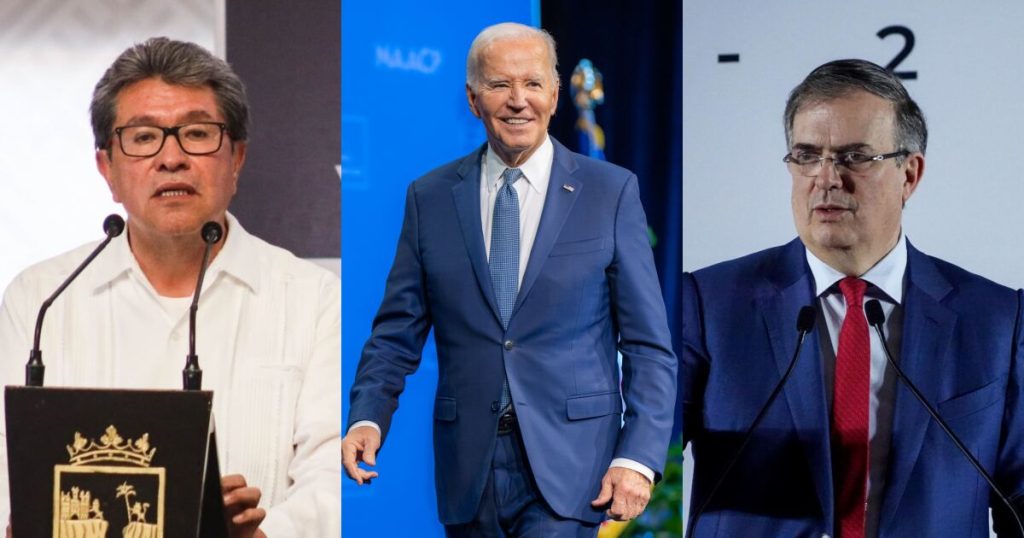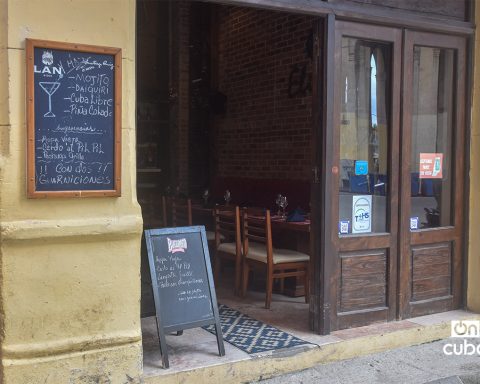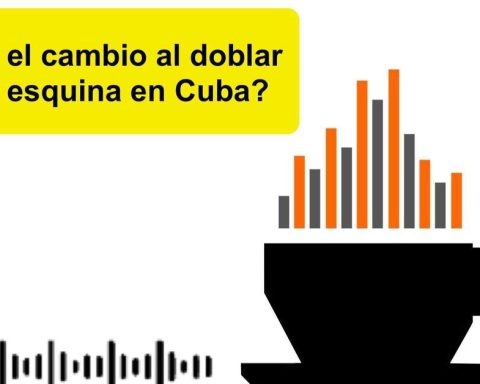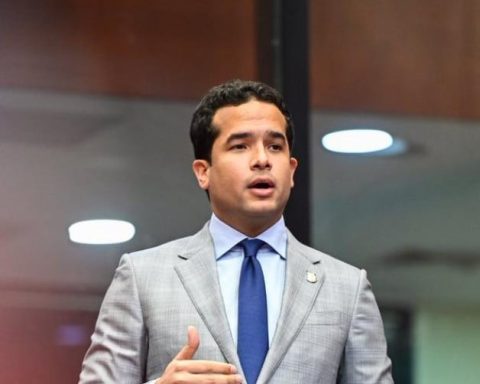In Peru, we have gone from the so-called “miracle” to the never-ending political crisis and, in recent years, to regression of democracy with attacks of a coalition of the dominant bloc in Congress and the Government of President Dina Boluarte, both powers with great rejection from citizens, but which subsist by supporting each other.
The civil association Transparency has identified 30 democratic setbacks in recent years considered significant by more than 66 opinion leaders and experts. The most mentioned were the coup attempt by former President Pedro Castillothe Keiko Fujimori’s allegations of fraud without evidence and the deaths in protests against the Boluarte regime after assuming power.
They are followed by the assault on electoral authoritieshe patrimonialism of Castillo with the complicity of the left in its abuses, the appointments of cabinet of this former presidentthe choice of Joshua Gutierrez as Ombudsmanthe Appointment of members of the Constitutional Court (TC) and the empowerment they generate for Congress, the impunity of parliamentarians in the Ethics Commission and the elimination of parity and alternation for the election of authorities. Then, there is the Crisis and politicization in the Public Prosecutor’s Office and the Judiciarythe Dismantling of the Superintendence of University Education (Sunedu)the modification of the forestry law and the evidence of corruption in recent presidents and high spheres, among other milestones that weaken the democratic system.
Among those consulted, there was also included leaders of political partiesThis explains some of the differences. For example, the election of the members of the Constitutional Court that protected Congress from being dissolved is questioned, but some participants oppose the closure of Congress ordered by former President Martín Vizcarra, despite the fact that the Constitutional Court at the time considered it valid.
“Beyond the fact that there is a polarization, at the same time there is also a consensus that there are things that are being done very badlythat there are a series of reforms or counter-reforms that are causing the decline of democracy, in general, in terms of representation and also in terms of the capacity of the State,” comments the political scientist. Omar AwaparaSecretary General of Transparency.
He argues that the great challenge is to find a way out of this situation. The proposed route is promote a process that aims to overcome atomization to reach a consensus on urgent citizen demands that will force the next authorities to re-democratize Peru.
“We have to agree on the building democracy. We have to find minimum things to adhere to. We are going to have two national meetings in Lima and Ayacucho, especially with representative young people. Taking this input, we must look for what kind of democracy we want to aspire to from now on, a plan for the next 3, 10 or 30 years. The idea is that it is a demand that has to be met,” he says.
It has worsened since 2016
The political scientist Alexander Benitesfrom the Institute of Democracy and Human Rights of the Pontifical Catholic University (IDEHPUCP), warns that “there is an urgent civic task to raise awareness about the problem, and to give greater support to political leaders and platforms that, although few and weak, exist and today must have greater prominence to recover our democracy.”
In your text The stagnation of democracy in Peruwith his colleague Luis Valverde, identifies that Serious questions to the democratic order began in 2016when extreme mechanisms such as presidential vacancy and the dissolution of Congress are becoming normalized, serious cases of corruption arise and, in 2021, we arrive at a highly polarized election, an increasingly poor offering of parties and unfounded allegations of electoral fraud.
“The chain of events continued downhill with former President Pedro Castillo, who attempted, happily without success, a coup d’état in 2022. Finally, 2023 begins with the establishment of a government with authoritarian overtones and a violent and excessive response to the citizen demonstration which has put the country in the spotlight of international attention,” say the specialists.
“Democracy is (…) stagnant. The events recorded in recent months have even led Peru to be classified by some measurements as a hybrid regime. That is, although the weakness of institutions and actors, as well as their low legitimacy, is a barrier to the concentration of power, the The minimum necessary components of a democracy have already regressed a lot.“, they warn.
Democratic downfall announced
The political scientist Daniel Encinasgeneral coordinator of the Puente project, argues that the coalition now carrying out this setback in our democracy is not only corrupt, but “the result of the unfortunate marriage between discrimination and patrimonialism” that they advanced.
“This is the democratic downfall announced. From the beginning, the transition to Peruvian democracy was seen and it was clear that we were still far from achieving a democracy that would be stable. There were no conditions that would allow it to last. Internationally, it was seen as a surprise that this democracy continued. It lasted, but it was not stable. The Peruvian miracle had many demons,” he comments.
“This changed with the fall of Castillo and the rise of Boluarte. There was a precarious balance that allowed this democracy to last because all the actors were weak and none managed to accumulate enough power. Among the events that have had the greatest impact is that In 2021, the choice was between two authoritarian options. This is confirmed when Castillo wins and Keiko Fujimori again speaks of fraud. Castillo’s government also has a series of authoritarian impulses that are already evident in the attempted coup d’état,” he says.
“And the The turn towards non-democracy has a breaking point at the beginning of the Boluarte Government with exaggerated repression, excessive use of force with total impunity and the forging of an alliance between the Government and Congress. Then, the Inter-American Court of Human Rights is being disregardeds. This already positions us internationally as a country that does not respect democratic standards, human rights and its international commitments. This contradicts the minimum definition of a democracy,” he says.
Encinas believes that to get out of this situation we must take advantage of the gaps in democracy and the legal instruments that remain and not reach extreme situations that would be used to discredit those who seek to democratize.
“Although democracy is slowly dying, as there is no great event that kills democracy, the opposition also has several opportunities to confront governments; in this case, this authoritarian coalition. Small gains should be taken advantage of,” he says.
The responsible
The constitutional lawyer and political scientist Luisana Vegaa professor at the University of San Marcos, also identifies responsibilities in the Government and Congress.
“In the Executive, the main fact against democracy is the Violent repression of the December 2022 protests and March 2023. A IACHR report concludes that there was disproportionate use of lethal force by state agents against protesters in specific cases, and to date there is no single person responsible or prompt investigations that determine responsibilities; thus, the right to protest is being repressed and criminalized by the Executive, a fact that brings us closer to an authoritarian regime than to a democratic one,” he says.
“In Congress, the worst setback to democracy is the approval of the law prescribing crimes against humanity before July 2002, because contravenes the essence of international humanitarian lawthe Rome Statute of the International Criminal Court, which has a clause stating that crimes, including those against humanity, are not subject to the statute of limitations. In this regard, the IACHR has already pointed out in repeated jurisprudence on cases of amnesty laws or the expiration of crimes against humanity; that the mere existence of a democratic regime does not guarantee, per se, permanent respect for international law, including international human rights law; therefore, in this case, it is appropriate for the Executive to observe said autograph because it is not in accordance with the duties of a democratic and constitutional State of law,” he argues.
“It is also due to the inaction of the State”
The historian Natalia González, director of the Institute of Peruvian Studies (IEP)believes that the State’s neglect is key to democratic regression.
“The decline of democracy in Peru has several factors. The debate has been focused on institutions that guarantee the rules of the democratic game, but it is important to note that it also has to do with the work of the State, the ministries, with policies that reach the most excluded populations. The discontent and indifference of the people towards democracy are also a consequence of the State inaction to address demands of these populations,” he explains.
“It also has to do with the way in which we Peruvians feel represented by our authorities. It is the link between authority and citizen. That is what is expressed in the representation“It has been broken: our congressmen and those who occupy the Executive are not fulfilling the mandate that we, the voters, have given them. This is very worrying and predicts a deeper decline in democracy, in which all citizens must be alert,” he added.
